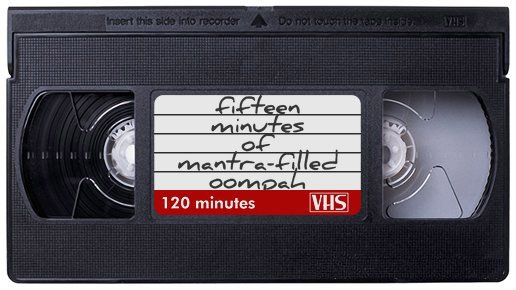 Something I've been thinking about for a while is how looking at the work of film editors might offer a new perspective on writing.
Something I've been thinking about for a while is how looking at the work of film editors might offer a new perspective on writing.When an editor sits down to piece together a cut, he or she has dozens – maybe hundreds – of hours of footage to choose from: a mass of material they have to shape into a coherent whole.
When we sit down to start writing, we face an even more intimidating range of possibilities. We've maybe got an idea of who our characters are and roughly where we want them to go, but we've then got an almost infinite range of possibilities for how we're going to organise and present our story.
As I've prattled on about before, one of the biggest changes to my approach to writing during my MA was an awareness of visual images as the primary driver of a script. Prior to that - like a lot of readers, I think - I largely looked on them as something I'd consider later on to illustrate the dialogue.
In thinking about how we can use images to create meaning and emotional impact, it might be worth having a look at some of the Russian filmmaker Sergei Eisenstein's thoughts on editing and 'montage'.
Eistenstein's approach to film art could was 'formalist' rather than 'realist'; instead of seeing the medium's primary strength as the camera's ability to record and replay reality, the formalists embraced the artifice of film and the ability to manipulate reality for artistic goals.
The technique that attracted Eisenstein most was 'montage' - the deliberate editing together of seemingly disparate images to create a meaning (or 'association') greater than the sum of its parts.
He likened his technique to the way Egyptian hieroglyphics combined two or more 'objects' to create a 'concept'. For instance, the glyphs for water and eye are brought together to signify weeping.
 In the much-quoted Odessa Steps sequence from his best-known film, Battleship Potemkin, Eisenstein uses a lot of graphic contrasts to represent the protesters' fear and chaotic attempt to escape the oncoming ranks of soldiers.
In the much-quoted Odessa Steps sequence from his best-known film, Battleship Potemkin, Eisenstein uses a lot of graphic contrasts to represent the protesters' fear and chaotic attempt to escape the oncoming ranks of soldiers.While that might sound a bit abstract, we can look for ways of making the theory work for us as screenwriters. For instance, we can use transitions to knit scenes together and/or create emotional associations.
If a character is feeling trapped by a situation, starting the next scene with a slamming door or a lock being closed will reinforce the notion in the audience's mind more subtly than having the character spit it out in a totally on-the-nose statement.
Another way of approaching your script from an editor's point of view is to visualise it as clearly as you can in your mind and feel the beats of your scenes in terms of individual shots.
The more clearly you can evisage every aspect of your script, the better you'll be able to describe it in a way that will fully absorb a reader. Rather than just thinking in terms of 'master shots', try to get inside the action in the way Hitchcock advocated:
“You gradually build up the psychological situation, piece by piece, using the camera to emphasise first one detail, then another. The point is to draw the audience right inside the situation instead of leaving them to watch it from outside, from a distance. And you can do this only by breaking the action up into details and cutting from one to the other, so that each detail is forced in turn on the attention of the audience and reveals its psychological meaning. If you played the whole scene straight through, and simply made a photographic record of it with the camera always in one place, you would lose your power over the audience.”
Using a variety of POV shots, close-ups and other camera angles, Hitchcock generates real suspense and wordlessly evokes the conflicting senses of necessity and betrayal that Alicia fels.
When you're drafting your script, you obviously can't risk readers' wrath by getting too technical and specifying a range of shots and camera angles. However, you can use your scene descriptions to imply shots.
Phil Parker advises using a separate descriptive paragraph for each shot, and varying the length of the paragraph to imply the length of the shot. The arrangement of the paragraphs will then 'create' the cut in the reader's mind.
In the same way that editors shorten shots to increase the pace in action sequences, you can also vary the pace of your descriptions to create the same effect. Using shorter sentences and strong action verbs to convey a real sense of dramatic urgency will send your reader hopping down the page.
Obviously this lot is just scratching the surface of a huge subject, and requires a lot more work. However, I think it shows how looking at writing from a slightly different angle can prove beneficial. Any thoughts welcome!





